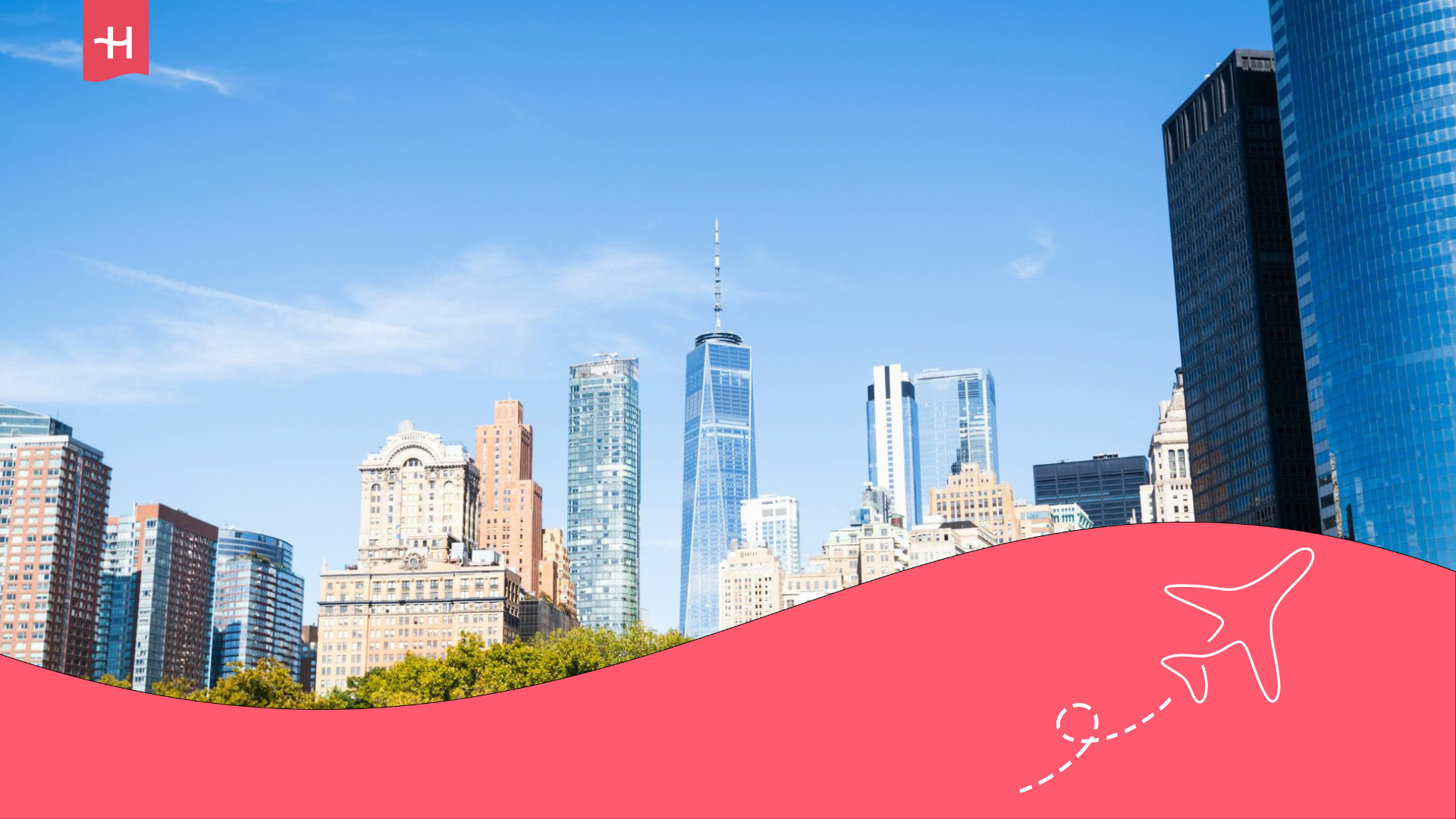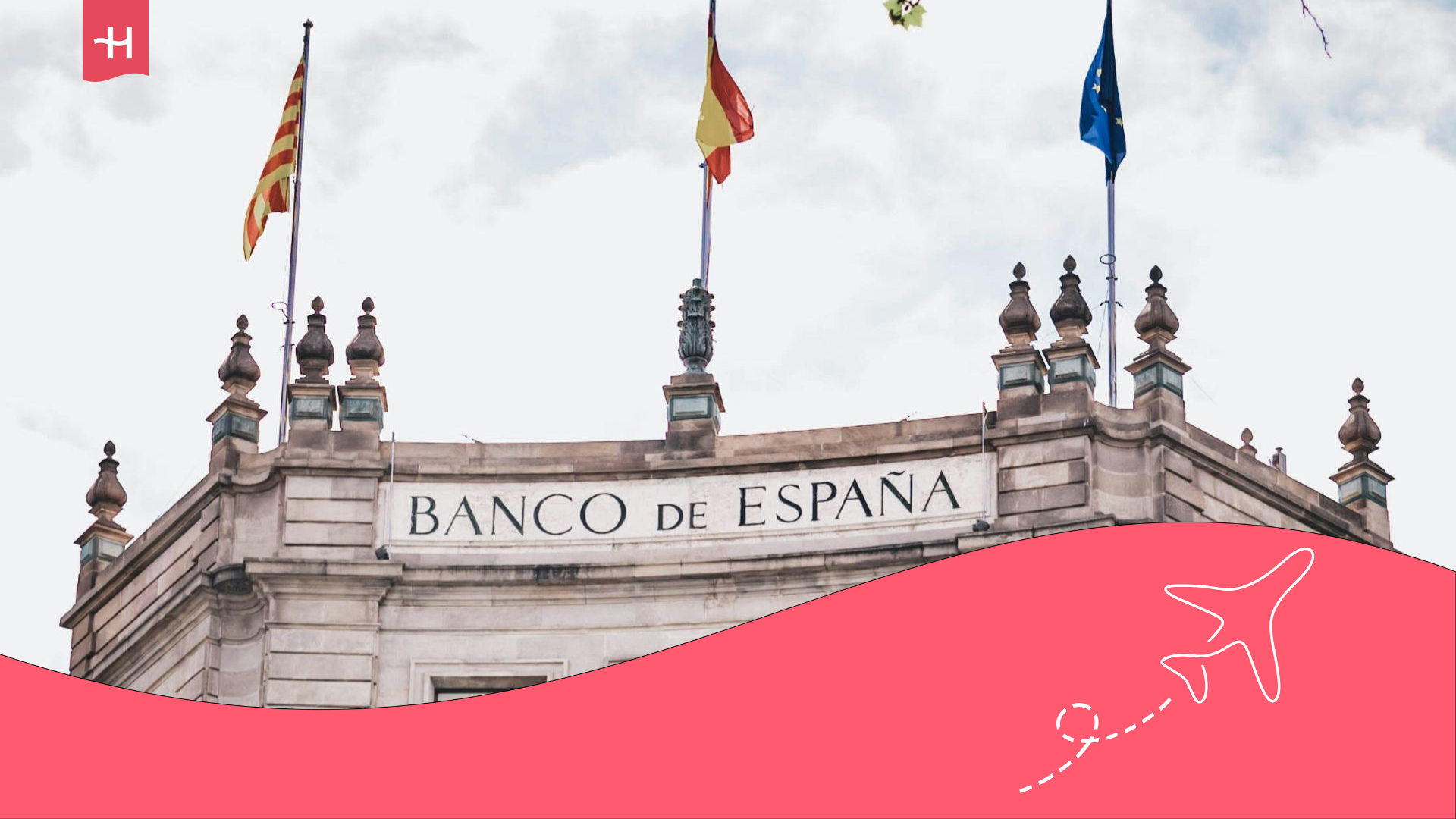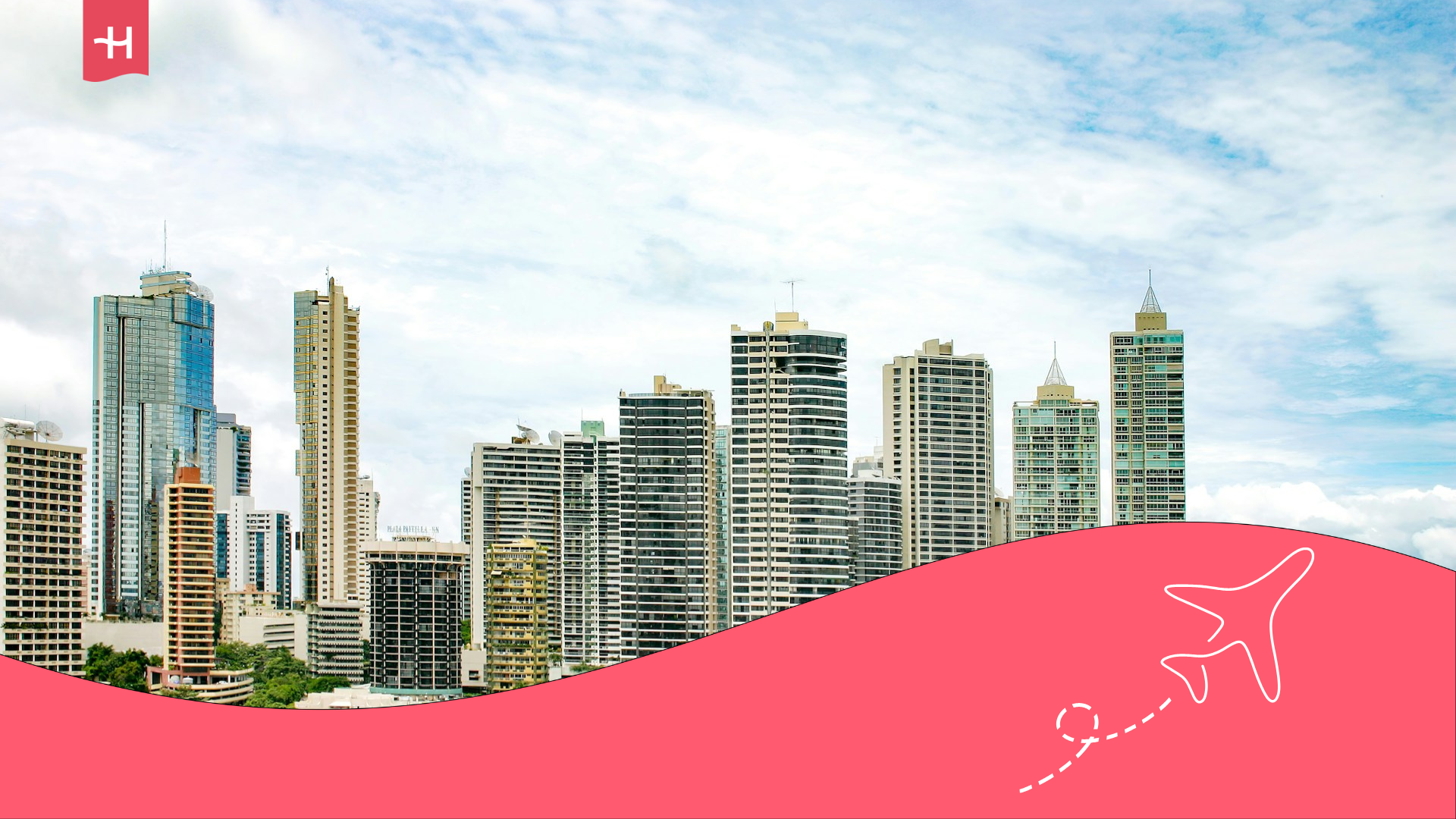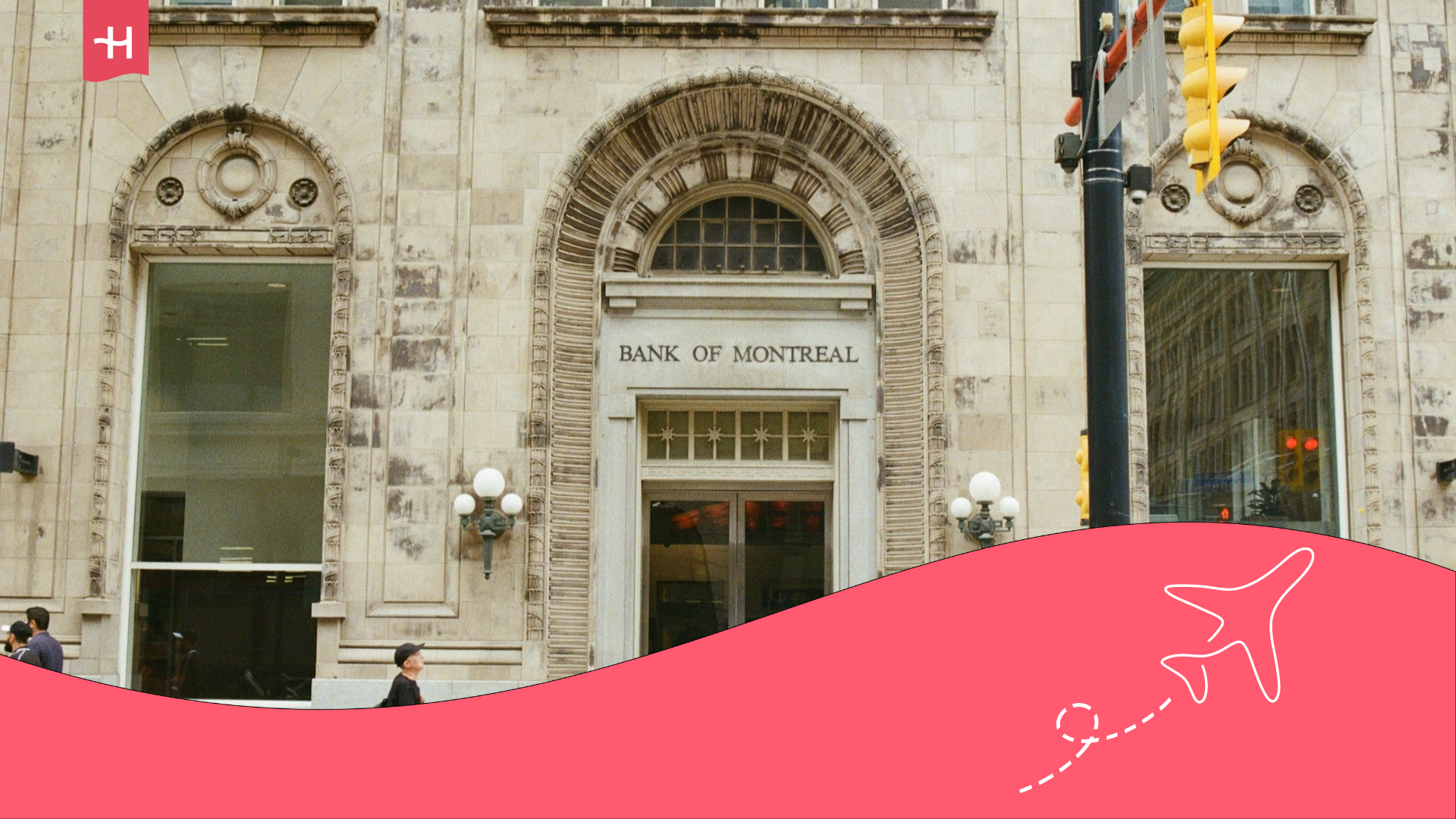Cost of living in Austria: Food, transport, and more
Cost of living in Austria 2025: discover expenses in Vienna, Salzburg, Innsbruck and Graz to plan your move or stay with confidence.
Living in another foreign country may fill you with doubts about how much money you need each month to live comfortably. Therefore, if your destination is to travel for tourism or stay in cities such as Vienna, Salzburg, Innsbruck or Graz, you’ll want to know the cost of living in Austria in 2025.
In this article, we’ll explore rental rates in different accommodation types, such as hotels, apartments, colivings or Airbnb. You’ll also discover how much groceries cost in a supermarket or meals in a local restaurant. We’ll review main transport options, healthcare costs and ticket prices for popular leisure activities. Ready to take a tour through Austria?
Average cost of staying in Austria
Living in or visiting this country means enjoying a high quality of life, surrounded by the Austrian Alps and cities full of history and stunning architecture. Moreover, it’s one of the safest countries to live and travel, whether alone or with family.
Regarding Austria’s cost of living for accommodation, it’ll depend a little on the type of lodging you prefer and also its location, since prices differ between Vienna and less touristy cities. Here are examples of hotels, apartments, colivings and Airbnb you’ll find in this country:
- Hotels: On Booking, you’ll find a hotel in Mauthausen called Hotel B3 GmbH from €79 ($92) per night in a single room, or from €97 ($113) at Vienna’s Ruby Marie Hotel.
- Hostel: On Booking, you can stay at a&o Salzburg Hauptbahnhof in Salzburg in a shared room from €27 ($31) per night, or in Vienna at A&T Hotel & Hostel from €41 ($47) per night.
- Furnished apartment: On Wunderflats, we found a one-bedroom apartment in Vienna for €944 ($1,103) per month, or a two-bedroom in Salzburg for €1,400 ($1,635) per month.
- Coliving: If you prefer community living, All-in-living in Vienna offers apartments from €799 ($933) monthly, all included, or a single room in Colivi (Vienna or Graz) from €520 ($607).
- Airbnb: On this platform, you’ll also find options like a one-bedroom apartment in Oberpilsbach from €56 ($65) per night or a cabin in Puchberg’s nature from €47 ($55) per night.

Cost of food
Another key factor we must include in Austria’s cost of living is food. If you stay in an apartment or coliving, with the advantage of cooking at home, you’ll notice savings when shopping in supermarket chains like Hofer, with approximate prices:
- Milk (1 l): $1.75 (€1.5)
- Eggs (12 units): €4.30 ($5.00)
- Beef (1 kg): $21 (€18)
- Chicken (1 kg): $14.60 (€12.5)
- Pasta: $3.50 (€3.00)
- Coffee: $5.50 (€4.70)
- Chocolate: $3.50 (€3.00)
- White bread (1 kg): $4.99 (€4.27)
- Apples (1 kg): $3.11 (€2.67)
If you prefer eating at a restaurant, we suggest choosing those far from tourist zones, since they’re aimed at residents and offer lower prices. For example, at Würstelstand am Hohen Markt in Vienna’s old town, you’ll find a menu with approximate prices:
| Type of Meal | Dish | Price |
|---|---|---|
| Breakfast | Wurstsemmel with coffee (bread with sausage and ham) | $3.50 (€3.20) |
| Food | Grammelknödel with cabbage/sauerkraut | $9.85 (€8.40) |
| Dinner | Wiener Schnitzel (veal escalope with potato salad) | $12.00 (€10.30) |
Typical menu of a local restaurant in Austria.

Transport prices in Austria
Transport also matters when calculating Austria’s cost of living, since you’ll need it every day. Whether you’re a student travelling daily to university, commuting for work, or simply exploring the country, it’s vital to know the available transport types and their fares.
How public transport works
Public transport in Austria works efficiently, remains punctual and safe, so it’s considered among the best in Europe. In Vienna, you can take the metro (U-Bahn), tram (Strassenbahn) and bus, all managed by Wiener Linien, with fares of €2.40 ($2.79) per ride or monthly passes at €49.45 ($57.80).
Meanwhile, in cities such as Salzburg, Innsbruck or Graz, trams and buses replace the metro but connect many destinations.
Taxi and Uber
If you need a taxi, the starting fare is €4.80 ($5.61) and each kilometre costs about €1.95 ($2.27). For example, a one-hour taxi ride costs around €29.10 ($34.00). Uber isn’t very common, since locals trust traditional taxis more.
Rent a bike
To explore Austrian cities at a slower pace and protect the environment, you can always rent a bike through the WienMobil system. Cycling is completely safe here, with well-marked bike lanes across main cities, since locals embrace this culture. The standard fare is €0.75 ($0.88) per 30 minutes, or an annual pass costs €59 ($68).
Buy a new vehicle
Finally, if you’ll stay long term and need a car for work or independence from public transport, you can buy a new vehicle. A common model is the Toyota Corolla 1.6 l Comfort, estimated at €25,925 ($30,299). Moreover, when calculating Austria’s living costs with a car, you must add these expenses:
- Petrol: €1.53 ($1.79) per litre.
- Diesel: €1.56 ($1.83) per litre.
- Insurance: from €766 ($895) yearly for liability plus full coverage.
Healthcare costs
When travelling abroad, you must think about protection, such as international health insurance, to avoid facing high costs in private clinics.
As an EU citizen, you can request the European Health Insurance Card (EHIC) before travelling at your local health authority. This card allows you to receive free medical care under conditions similar to Austrian residents. However, if you’re not from the EU, we recommend purchasing health insurance, such as the plan from AXA Schengen, from €20 ($23) for one week.
| Medical services | Approximate cost without insurance |
|---|---|
| General medical consultation | €42–85 ($50–100) |
| Consultation with a specialist | $150 (€128) |
| Dentist consultation | $93 (€80) |
| Appendicitis surgery: | $11,685 (€10,000) |
| Paracetamol (500 mg): | $3.50 (€3.00) |
| Ibuprofen (400 mg): | $4.65 (€4.00) |
Healthcare service rates in Austria.
Internet and call plan prices
Have you thought about how you’ll connect to the internet during your trip? In Austria’s cost of living, you must consider the monthly expense of having internet both at home and on your smartphone. In this country, fixed internet providers offer speeds from 100 Mbps to 1 Gbps, depending on plan and location. Approximate prices are:
- 100 Mbps: between €30–40 ($35–46) per month.
- 500 Mbps: between €45–55 ($52–64) per month.
- 1 Gbps: between €60–70 ($70–80) per month.
- A1 Telekom: from €19.90 ($23.25) monthly with 10 GB of data.
- Magenta Telekom: from €24.90 ($29.10) monthly with 15 GB.
- Drei (3): from €29.90 ($34.95) monthly with 20 GB of data.
Another solution to avoid the hassle of finding Wi-Fi at the airport, checking GPS or messaging family upon arrival, is getting Holafly’s eSIM for Austria or Holafly’s monthly plans.
The eSIM for Austria from Holafly is a great choice for short stays, since you can purchase unlimited data only for the days you need. For longer trips, Holafly’s monthly plans provide unlimited data month by month with no contract. Plus, if you choose the unlimited plan, you can connect multiple devices simultaneously from $50.50 (€43.40) per month. You’ll also enjoy travelling to over 160 destinations with the same eSIM!
Important: If you are a frequent traveler and want to stay connected without worrying about expensive roaming or looking for a new SIM at every destination, Holafly’s subscription plans are for you. With a single eSIM, enjoy internet in more than 160 countries for a fixed price and no surprises on your bill. Travel without limits and connect easily and securely! 🚀🌍

Leisure activity costs in Austria
We’ll finish this guide on Austria’s cost of living with the leisure activities you can enjoy in the country. Most are related to history and music, thanks to its rich cultural heritage. Don’t miss visiting tourist highlights, such as Mozart’s birthplace or enjoying an opera in Vienna. Plus, if you purchase a tourist card, you’ll get great discounts in Vienna. Here are approximate prices:
- Cinema: A standard cinema ticket in Austria costs around €11 ($12.85), while premium halls (IMAX or 3D) reach €16 ($18).
- Vienna State Opera: A guided tour costs about €9 ($10), and attending a performance ranges from €10–200 ($12–233) for premium seats.
- Zoo: Entry to Vienna’s Tiergarten Schönbrunn is €27 ($31), while Salzburg Zoo costs €16 ($18).
- Schönbrunn Palace: Visit this baroque palace, former Habsburg residence in Vienna, from €14.50 ($17).
- Freud Museum: Visit Sigmund Freud’s home from €15 ($17).
- Mozart’s House: Discover Mozart’s birthplace in Salzburg from €15 ($17).
- Netflix: Subscribing to this streaming service costs €6.99 ($8.15) per month.

In conclusion, Austria’s cost of living is moderate compared with other European countries, more expensive than Spain or Portugal but cheaper than Switzerland. You can live here with a monthly budget between €1,480–2,035 ($1,600–2,200) in Vienna or large cities such as Salzburg or Innsbruck. Although it may seem high, the quality of life, cultural offer and excellent public services make the cost worthwhile.
Frequently asked questions about the cost of living in Austria
A furnished one-bedroom apartment in Vienna costs from €944 ($1,103) per month.
Not too much. If you choose local restaurants away from tourist zones, you’ll find dishes from €8.40 ($9.85).
Yes, it’s considered one of the safest countries in Europe. Vienna and Salzburg often appear in rankings of cities with the highest quality of life, thanks to their low crime rates.
Yes, Austria’s cost of living is higher than Spain, Italy or Portugal, though lower than Switzerland or Nordic countries.





 Language
Language 


















 No results found
No results found







